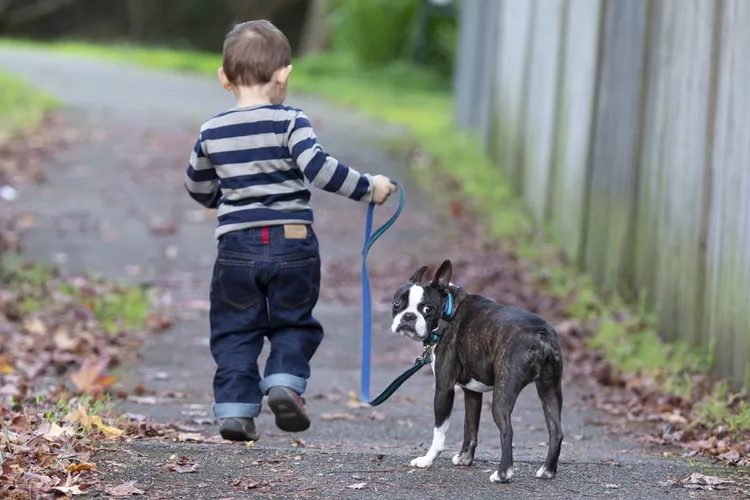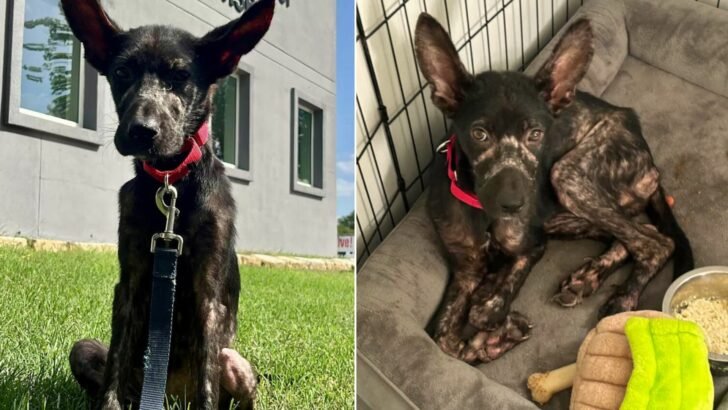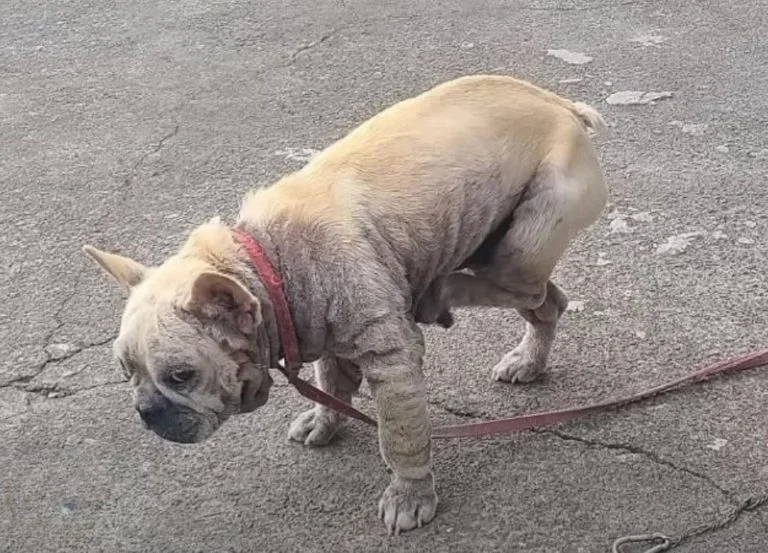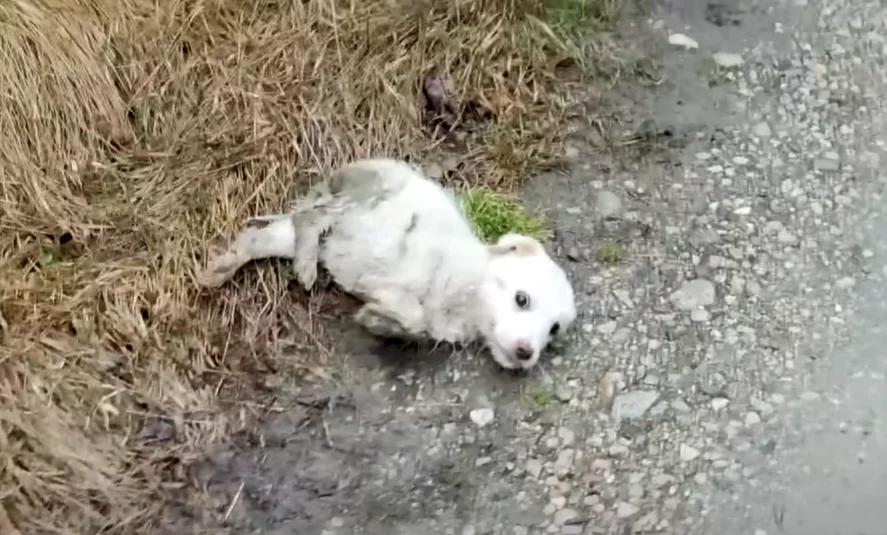These Small Dog Breeds Are a Good Fit for Families with Kids
If you’re considering a small dog for your family, choosing the right breed can be challenging, especially when balancing the needs of both your children and the dog. While many small dog breeds are not ideal for families with young children due to their fragility or sensitivity to noise, several breeds are known to get along well with kids of all ages.
It’s generally advised by pet experts to wait until your youngest child is at least 5 years old before bringing a dog into the home. At this age, children are more capable of understanding how to interact with a pet respectfully and can follow rules to ensure the dog’s well-being. Regardless of the breed, supervision by an adult is crucial during interactions between children and dogs to ensure safety for both parties.
Below, we’ve compiled a list of small dog breeds that are often considered good companions for families with kids. Keep in mind that temperament, patience, and trainability are key factors to consider when choosing a breed. Additionally, teaching your children to respect the dog’s space and needs is essential.
01. Beagle
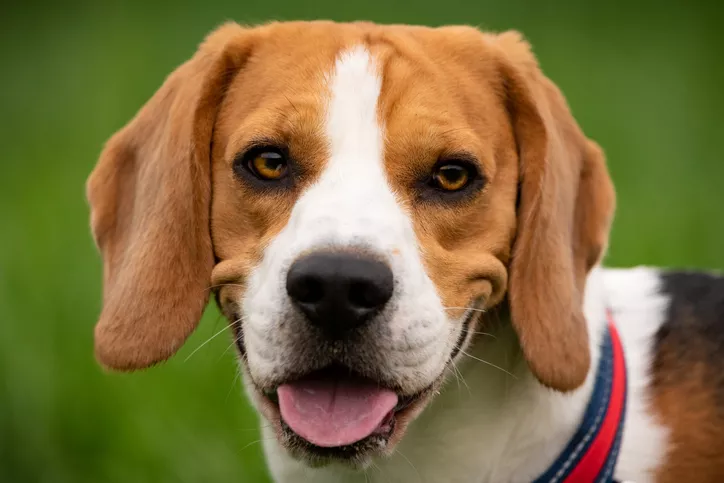
Beagles, part of the American Kennel Club (AKC) Hound Group, were originally bred for hunting rabbits in packs. They are known for their friendly nature and ability to handle the hustle and bustle of family life. Though small, they are sturdy and energetic, enjoying playtime with kids. Beagles do require ample exercise and mental stimulation, and their keen sense of smell means they should always be on a leash when outside.
Breed Overview
- Group: Hound
- Height: Up to 15 inches at the shoulder
- Weight: 20 to 25 pounds
- Personality/Temperament: Friendly, active, playful
- Energy Level: High
- Coat and Color: Short coat; colors include tri-color (tan, black, and white), red and white, and lemon and white
- Life Span: 10 to 15 years
02. Bichon Frise
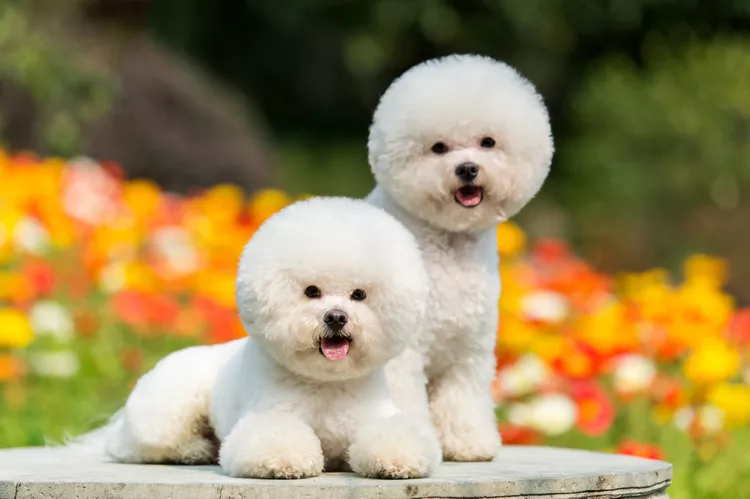
Originally a lapdog for French nobility, the Bichon Frise is playful, intelligent, and affectionate. They are generally good with children as long as they are handled gently. Their fluffy, hypoallergenic coat requires regular grooming. Kids should be taught to recognize signs of anxiety in Bichons to prevent accidental stress.
Breed Overview
- Group: Non-Sporting
- Height: 9 to 12 inches at the shoulder
- Weight: 7 to 12 pounds
- Personality/Temperament: Playful, affectionate, friendly
- Energy Level: Medium
- Coat and Color: Curly coat; predominantly white with possible apricot, buff, or cream
- Life Span: 14 to 15 years
03. Boston Terrier
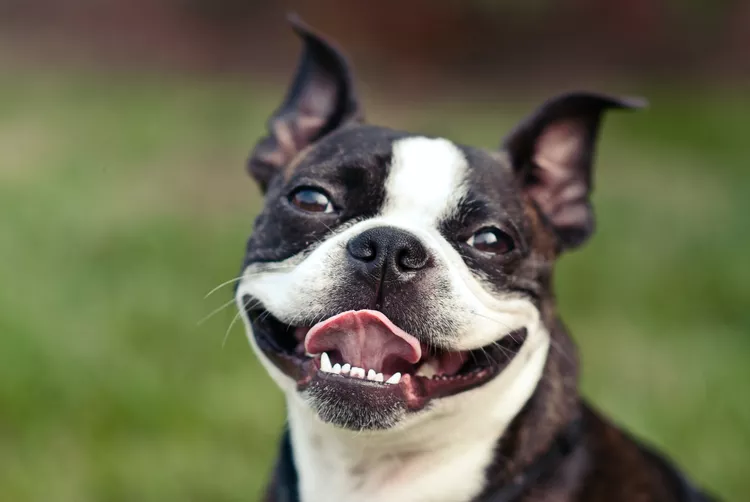
Boston Terriers are friendly and energetic, making them great companions for kids. Developed in Boston, these dogs are devoted and enjoy being involved in family activities. They need regular exercise and can be prone to jumping, so teaching them proper manners is important.
Breed Overview
- Group: Non-Sporting
- Height: 15 to 17 inches at the shoulder
- Weight: 15 to 25 pounds
- Personality/Temperament: Playful, loving, friendly
- Energy Level: Medium
- Coat and Color: Smooth, short coat; colors include black, seal, and brindle with white
- Life Span: 12 to 14 years
04. Cairn Terrier
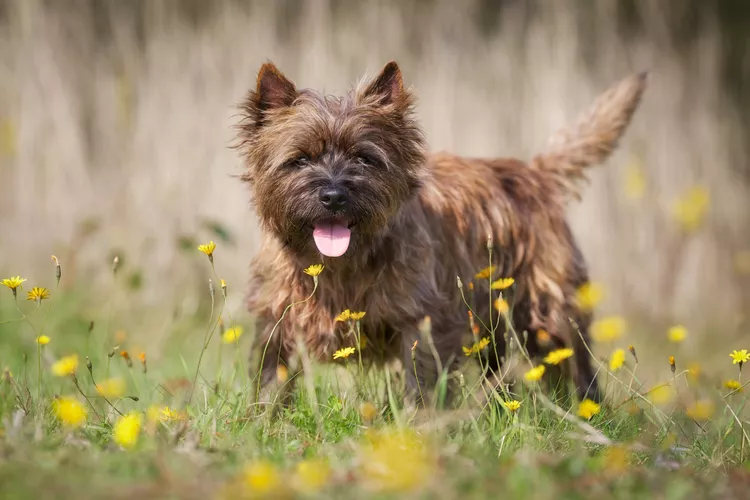
Known for their role as Toto in The Wizard of Oz, Cairn Terriers are sturdy and playful. They generally enjoy the company of children and can handle a bit of roughhousing. However, their high prey drive means they should be monitored around smaller pets and energetic kids.
Breed Overview
- Group: Terrier
- Height: 9 to 10 inches at the shoulder
- Weight: 12 to 15 pounds
- Personality/Temperament: Intelligent, friendly, playful
- Energy Level: Medium
- Coat and Color: Double coat; colors include black, brindle, cream, gray, red, and more
- Life Span: 12 to 15 years
05. Cavalier King Charles Spaniel
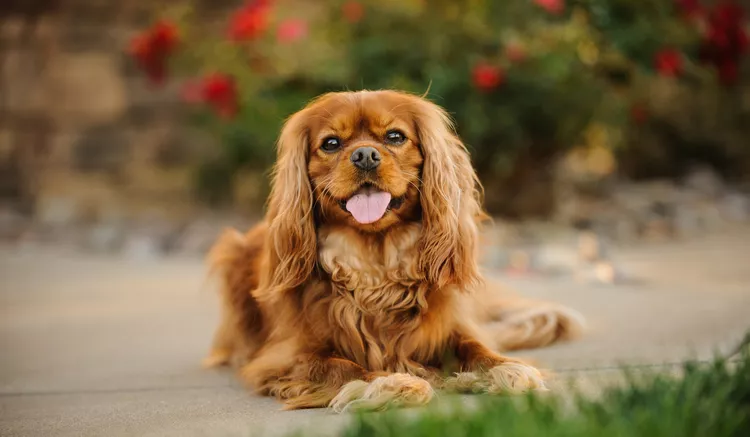
Cavalier King Charles Spaniels are affectionate and gentle, making them good companions for children. They enjoy cuddling and gentle play. While their coat requires regular brushing, their moderate energy level makes them suitable for apartment living and travel.
Breed Overview
- Group: Toy
- Height: 12 to 13 inches at the shoulder
- Weight: 13 to 18 pounds
- Personality/Temperament: Gentle, sociable, affectionate
- Energy Level: Medium
- Coat and Color: Long, silky coat; colors include tricolor, Blenheim, ruby, and black and tan
- Life Span: 12 to 14 years
06. Cocker Spaniel
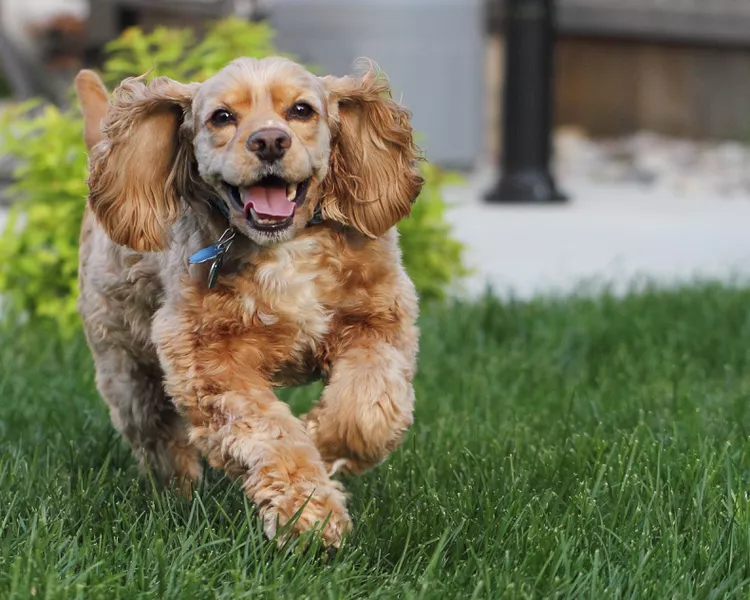
Cocker Spaniels are friendly and love being active with their families. They are good with children when socialized properly and enjoy playing fetch and joining in family activities. Their coat requires regular grooming.
Breed Overview
- Group: Sporting
- Height: 14 to 15 inches at the shoulder
- Weight: 20 to 30 pounds
- Personality/Temperament: Gentle, affectionate, companionable
- Energy Level: Medium
- Coat and Color: Silky and wavy; colors include black, ASCOB, and parti-color
- Life Span: 10 to 14 years
07. French Bulldog
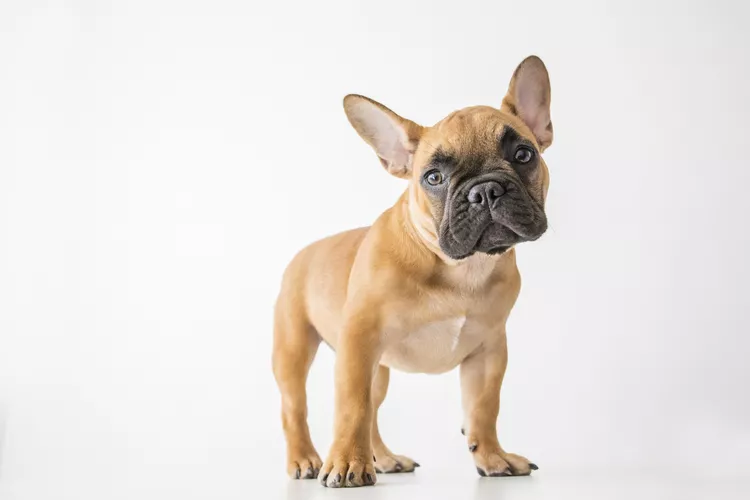
French Bulldogs are playful and affectionate, making them great companions for children. They are compact and adaptable but require moderate exercise. Their brachycephalic nature means they can have respiratory issues, so they should be monitored in hot weather.
Breed Overview
- Group: Non-Sporting
- Height: 11 to 13 inches at the shoulder
- Weight: 19 to 28 pounds
- Personality/Temperament: Sociable, affectionate, playful
- Energy Level: Medium
- Coat and Color: Short, smooth coat; colors include brindle, fawn, and white
- Life Span: 10 to 12 years
08. Havanese
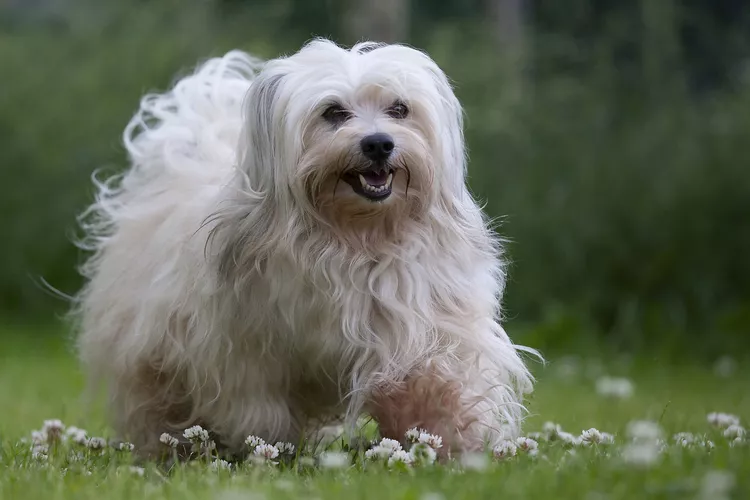
Havanese dogs are social and friendly, making them great for families with older children. Their lively personality and intelligence make them fun companions. Their coat requires daily brushing or regular trims.
Breed Overview
- Group: Toy
- Height: 8.5 to 11.5 inches at the shoulder
- Weight: 7 to 13 pounds
- Personality/Temperament: Playful, even-tempered, companionable
- Energy Level: Medium
- Coat and Color: Long, silky coat; colors include black, silver, white, cream, tan, and more
- Life Span: 14 to 16 years
09. Pug
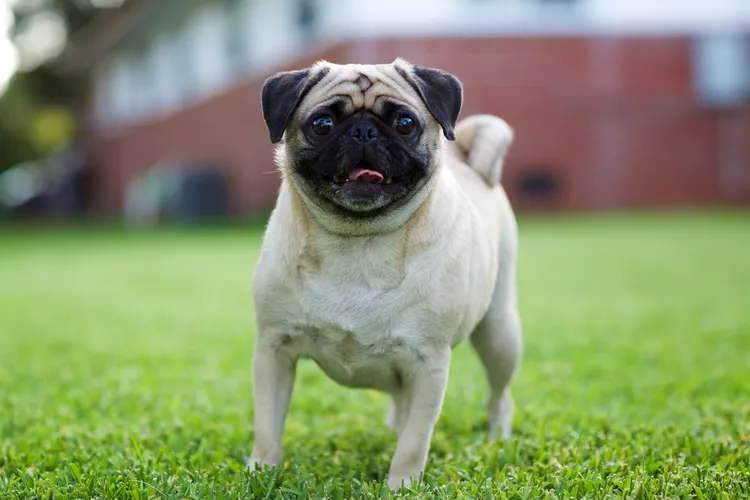
Pugs are known for their charming, playful personalities and are generally good with children. They have a sturdy build but need to be protected from heat due to their brachycephalic nature. Regular brushing is required to manage shedding.
Breed Overview
- Group: Toy
- Height: 10 to 13 inches
- Weight: 14 to 18 pounds
- Personality/Temperament: Sweet, playful, affectionate
- Energy Level: Medium
- Coat and Color: Smooth, short coat; colors include fawn and black
- Life Span: 13 to 15 years
10. Shih Tzu
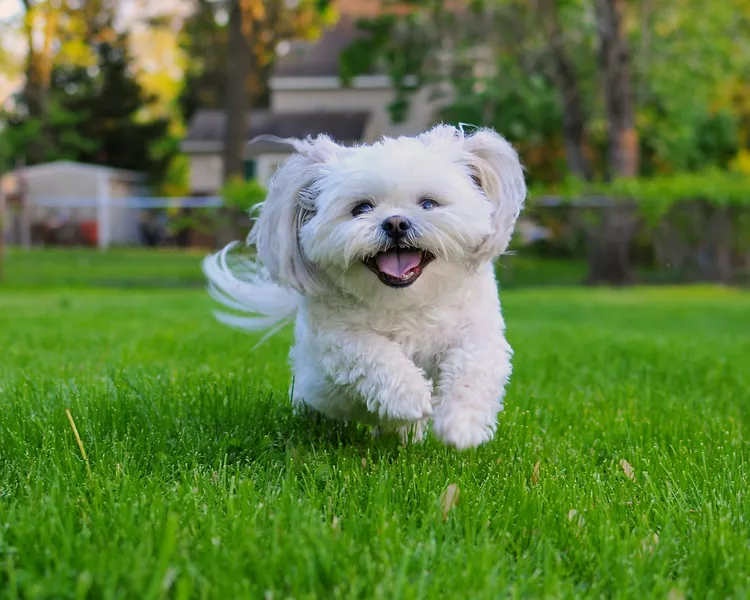
Shih Tzus are affectionate and well-suited for families with older children who understand how to handle them gently. Their luxurious coat requires regular grooming, and they are generally good with people of all ages.
Breed Overview
- Group: Toy
- Height: 8 to 11 inches at the shoulder
- Weight: 9 to 16 pounds
- Personality/Temperament: Loyal, lively, intelligent
- Energy Level: Medium
- Coat and Color: Long, double coat; colors include black, white, blue, gold, and more
- Life Span: 10 to 16 years
11. Maltese
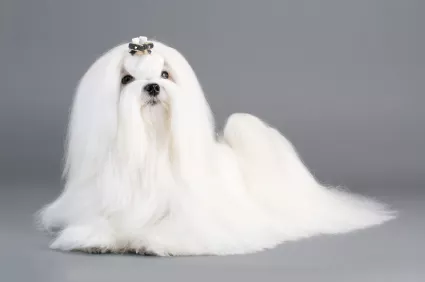
The Maltese is known for its calm and friendly nature. While they are small and delicate, they can be a good fit for older children who handle them carefully. Regular grooming is necessary to maintain their silky white coat.
Breed Overview
- Group: Toy
- Height: 7 to 9 inches
- Weight: Under 7 pounds
- Personality/Temperament: Affectionate, alert, fearless
- Energy Level: Medium
- Coat and Color: Long, silky white coat
- Life Span: 12 to 15 years
12. American Eskimo Dog
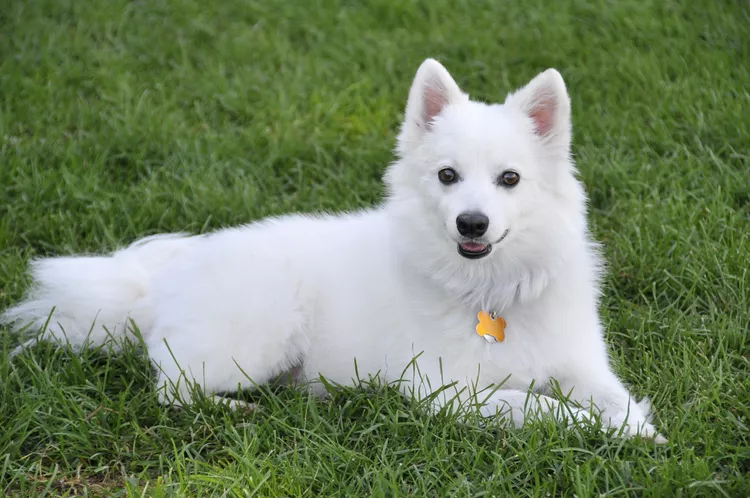
The American Eskimo Dog comes in three sizes: toy, miniature, and standard. They are intelligent and energetic, requiring regular exercise and mental stimulation. They are best suited for families with older kids who can handle their high energy.
Breed Overview
- Group: Non-Sporting
- Height: 9 to 19 inches (varies by size)
- Weight: 6 to 35 pounds (varies by size)
- Personality/Temperament: Alert, friendly, intelligent
- Energy Level: High
- Coat and Color: Thick, double coat; white or slightly cream
- Life Span: 13 to 15 years
13. Papillon
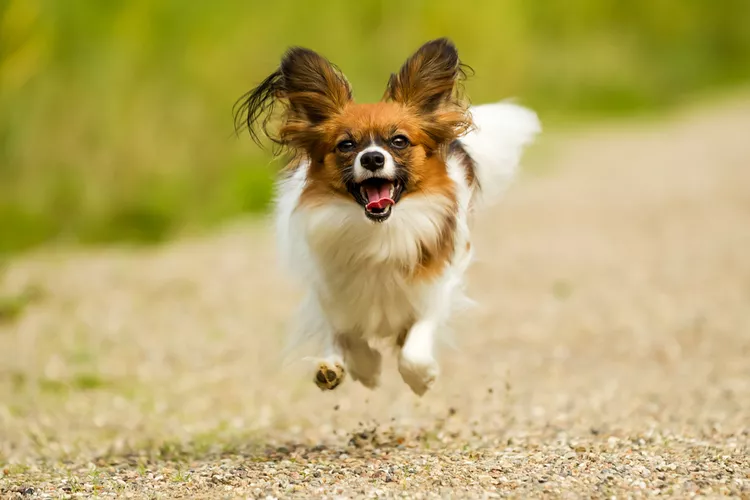
The Papillon, named for its butterfly-like ears, is a small, toy breed from France. Known for their lively and intelligent nature, Papillons can be good companions for families with older children who handle pets gently. They are adaptable and can thrive in various environments, including homes with other pets and those where the family travels frequently.
Despite their small size, Papillons are hardy and active. They can make excellent first pets for families who are willing to invest in their training and socialization. Their grooming needs are moderate; their long, silky coat requires brushing a few times a week, but regular trims are not necessary as their coat doesn’t grow continuously.
Breed Overview
- Group: Toy
- Height: 8 to 11 inches
- Weight: 6 to 10 pounds
- Personality/Temperament: Intelligent, friendly, alert
- Energy Level: Medium
- Coat and Color: Long, silky coat; colors include white with markings like red, sable, black, or lemon
- Life Span: 14 to 16 years
14. Dachshund
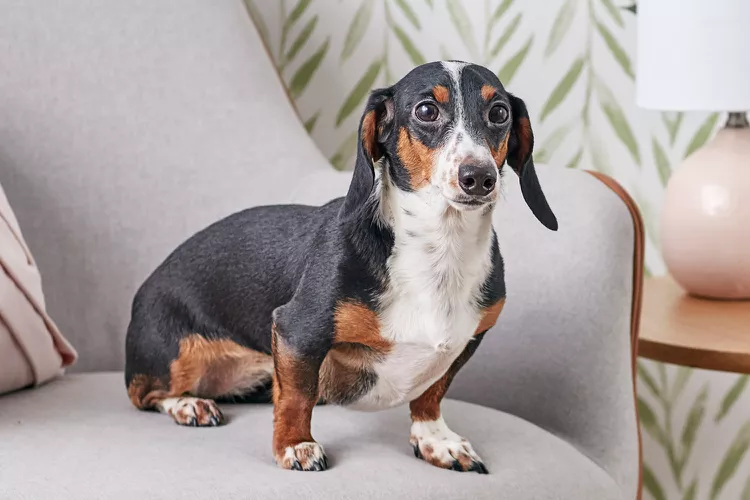
The Dachshund, or “doxie,” comes in standard and miniature sizes and was originally bred in Germany for hunting. Dachshunds are known for their playful and affectionate nature, making them suitable for families with children if they are well-socialized from a young age.
However, their high prey drive means they may not be ideal for homes with smaller pets. Dachshunds can be challenging to train due to their independent and sometimes stubborn nature. Their grooming needs vary with coat type: longhaired Dachshunds require daily brushing, while shorthaired ones need less frequent grooming.
Breed Overview
- Group: Hound
- Height: 8 to 9 inches (standard); 5 to 6 inches (miniature)
- Weight: 16 to 32 pounds (standard); up to 11 pounds (miniature)
- Personality/Temperament: Clever, stubborn, devoted
- Energy Level: Medium
- Coat and Color: Smooth, longhaired, or wire-haired; colors include black, tan, fawn, beige, blue, chocolate, and red, with various markings such as dapple, piebald, brindle, and sable
- Life Span: 12 to 16 years
Tips for Choosing a Small Dog for Kids
- Teach Children How to Interact with Dogs: Ensure your children understand how to approach and handle dogs gently. Proper socialization and training of the puppy using positive reinforcement methods are crucial for a happy and harmonious relationship. Even breeds known for being “kid-friendly” need proper introduction and handling.
- Recognize Dog Behavior Cues: It’s important to understand and respect a dog’s body language. Small dogs may have more subtle cues when they are anxious or scared. Avoid crowding or overwhelming a nervous dog to prevent stress and potential issues.
- Do Your Research and Plan Ahead: Research the breed’s characteristics, and choose a reputable breeder or rescue organization. Establish a relationship with a local veterinarian for ongoing health and behavioral advice. Educate your children about dog care and prepare your home for the new addition to ensure a smooth transition for everyone.
Choosing the right small dog breed involves considering the dog’s needs and how they fit with your family’s lifestyle. With the right preparation and understanding, these small breeds can become cherished family members.

